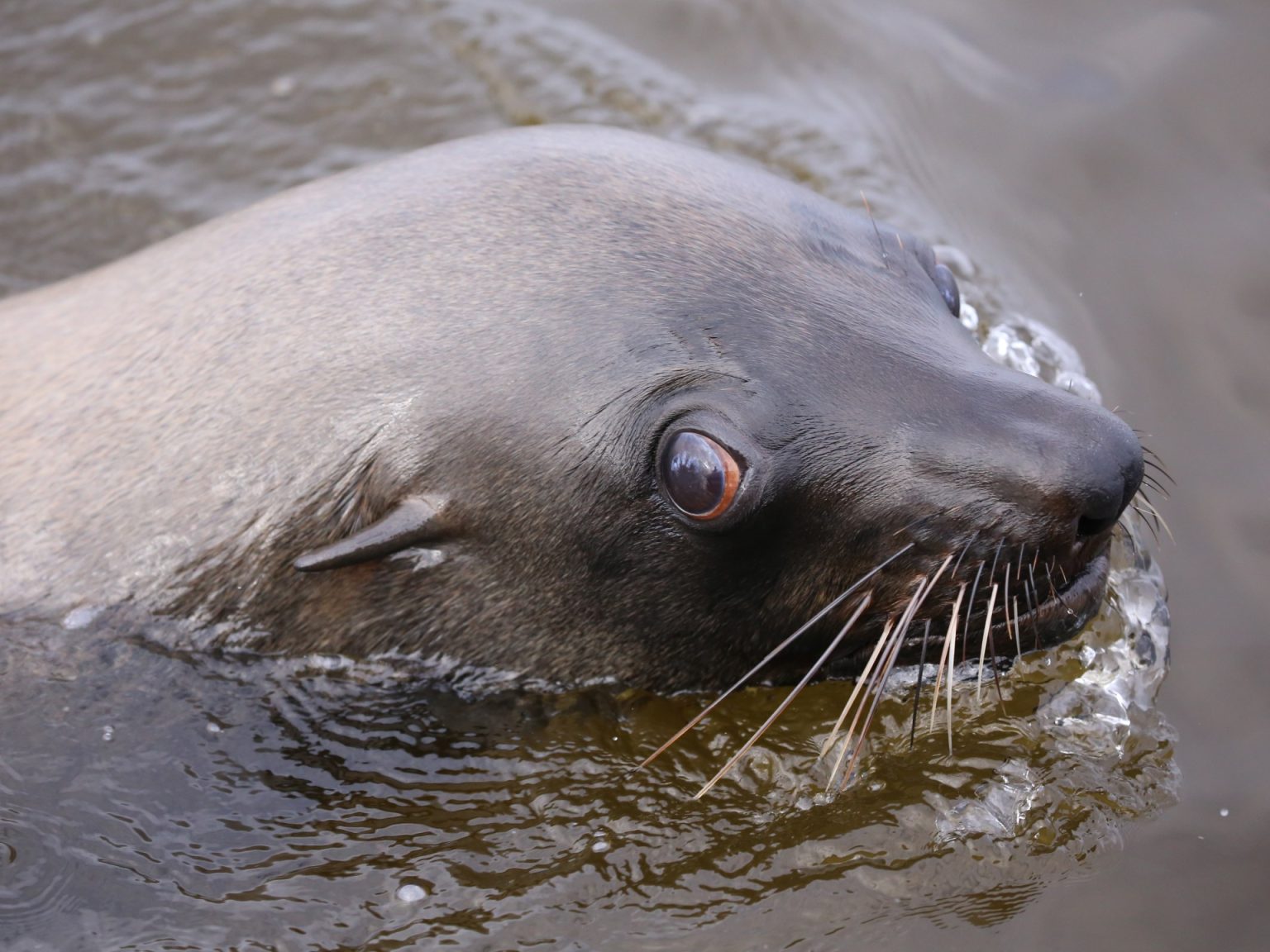In May of this year, a seal at a popular beach in Cape Town, South Africa, bit five surfers in a matter of minutes, sparking concern among seal experts due to the unusual increase in seal aggression. Authorities had noted a rise in these aggressive behaviors starting late in 2021, with some seals biting people or other animals without provocation. Despite initially ruling out rabies as a possible cause of the behavior, upon testing four seals for rabies after the May attacks, three of them tested positive. The number of seals testing positive for rabies has since risen to 17.
Currently, 17 seals along a 650km stretch of coastline between Cape Town and Plettenberg Bay have tested positive for rabies. Experts suspect that the seals contracted rabies from black-backed jackals, common carriers of the disease in the area, who prey on seal pups in land-based colonies. While research is ongoing, the latest sequencing suggests that the seals have a wildlife strain of the virus, with some domestic animals like a dog in Cape Town having contracted rabies from a seal bite. So far, no humans have developed rabies despite having been bitten by rabid seals.
The seal rabies outbreak is the first of its kind among marine mammals worldwide, and experts are uncertain about the course the disease will take. With two million Cape fur seals living along the coastline, experts are concerned about transmission rates, the impact on the seal population, and the potential for the disease to spread further. There are no scientific precedents for rabies outbreaks among marine mammals, leaving experts with many unanswered questions about the outbreak.
Surfers and beachgoers in South Africa are urged to continue enjoying the ocean with caution, keeping an eye out for aggressive seals and walking dogs on leashes. Signs of rabies in animals include incoordination and other neurological symptoms. Lifeguards and shark spotters in affected areas have been instructed to close beaches if there are concerns, and companies offering seal snorkelling tours have stopped operations. Rabies is a slow-moving disease that can take months to show symptoms, but can be prevented through timely treatment.
The most likely outcome of the seal rabies outbreak is that the disease becomes a low-level endemic among Cape fur seals, with occasional flare-ups. The disease could potentially be more widespread and virulent, causing more deaths and impacting the seal population further. Scientists are closely monitoring the situation and working to contain the outbreak responsibly, with a focus on preventing seals from massing during the upcoming breeding season and taking proactive measures to manage the situation.
While the rabies outbreak poses a risk to marine mammals like seals and potentially Cape clawless otters, there is no immediate threat to the entire ecosystem. Concerns about vagrant seals spreading the disease to other populations are being addressed through vaccination efforts. Coastal authorities in South Africa are working with scientists and state vets to implement ongoing proactive measures to manage the outbreak. The hope is to euthanize problem seals before they reach the breeding colonies, minimizing the impact of the rabies outbreak on the local marine ecosystem.


